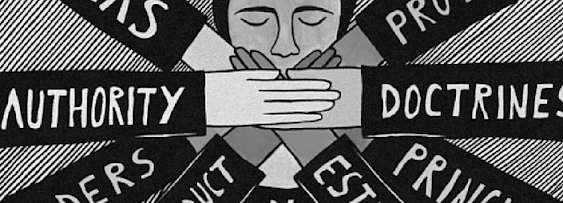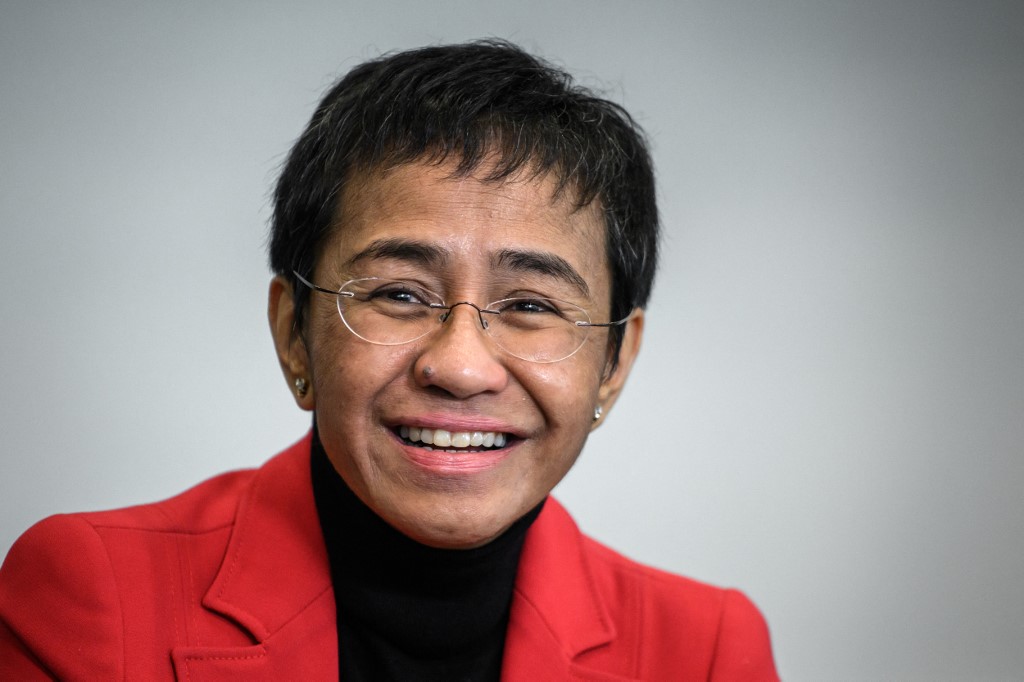Authoritarian Media?
Authoritarian media is media that is heavily controlled or heavily influenced by a government or political regime. The media is typically used to promote the interest of the government or political regime.
Authoritarian Media in very prominent in the Philippines. President Rodrigo Duterte and his government have turned social media into a platform to silence their oppositions and manipulate the people of the Philippines. He is known for his government taking measures of suppressing media outlets. His supporters labeled as "trolls" and "influencers" flood their social media platforms with advertisements for Duterte.
Agenda:
Duterte's agenda with controlling the media is to push his propaganda. He uses it to silence people who could run against them and only giving his publicity to the public. His government has invested in channels just to spread his propaganda.
When it comes down to comparing the two nation's medias it comes down to freedom. The United States has the 1st Amendment which grants us the freedom of speech and press. In the Philippines Constitution it also says they have the freedom of speech and press, but this is always under serious threat. Media in the Philippines is always under threat because of the president's legal actions. He suppresses their media in legal ways and makes it extremely difficult for reporters to work independently. In the United States we face the rise of "fake News". With A.I. technology becoming so prominent, the rise of fake news stories is on the rise. With the Philippines, the only media they consume is what their president wants them to consume. It's hard to go against a leader when he is all you see and hear. Their right to choose another leader is silenced do the propaganda.
Deceptions in Media:
During Duterte's presidency, a systematic campaign of disinformation was waged through platforms like Facebook, targeting not only political opponents but also independent media and activists. Stories that support the government's agenda glorifying the War on Drugs or distorting historical facts are spread widely through social media and even some traditional outlets. Duterte's "War on Drugs" was presented as a fight against crime and drugs, while reports of extrajudicial killings were often omitted or minimized in mainstream media.
ABS-CBN is another key player in the country's media, known for its independent journalism and widespread reach. During the Duterte administration, ABS-CBN was targeted for its critical stance towards the government. This caused Duterte to take them off the air. While ABS-CBN’s broadcast operations have been forced off the air, the network continues to operate through its online platforms including talking about political accountability.
Maria Ressa is one of the most prominent figures in Philippine journalism. She is the leader of the Rapplar, an independent news outlet. Rappler got her big break and international acclaim for its critical coverage of President Duterte’s "War on Drugs," exposing extrajudicial killings and human rights abuses.
Conclusion:
The media landscape in the Philippines has undergone significant transformation under the influence of authoritarian governance, where control over information and the suppression of dissenting voices have become central tactics in maintaining political power. Through manipulation and media tactics they are able to control the media, and the media people receive. When people only see media from the president and no other opposition it makes it extremely hard to go against the man you see every day.





Comments
Post a Comment